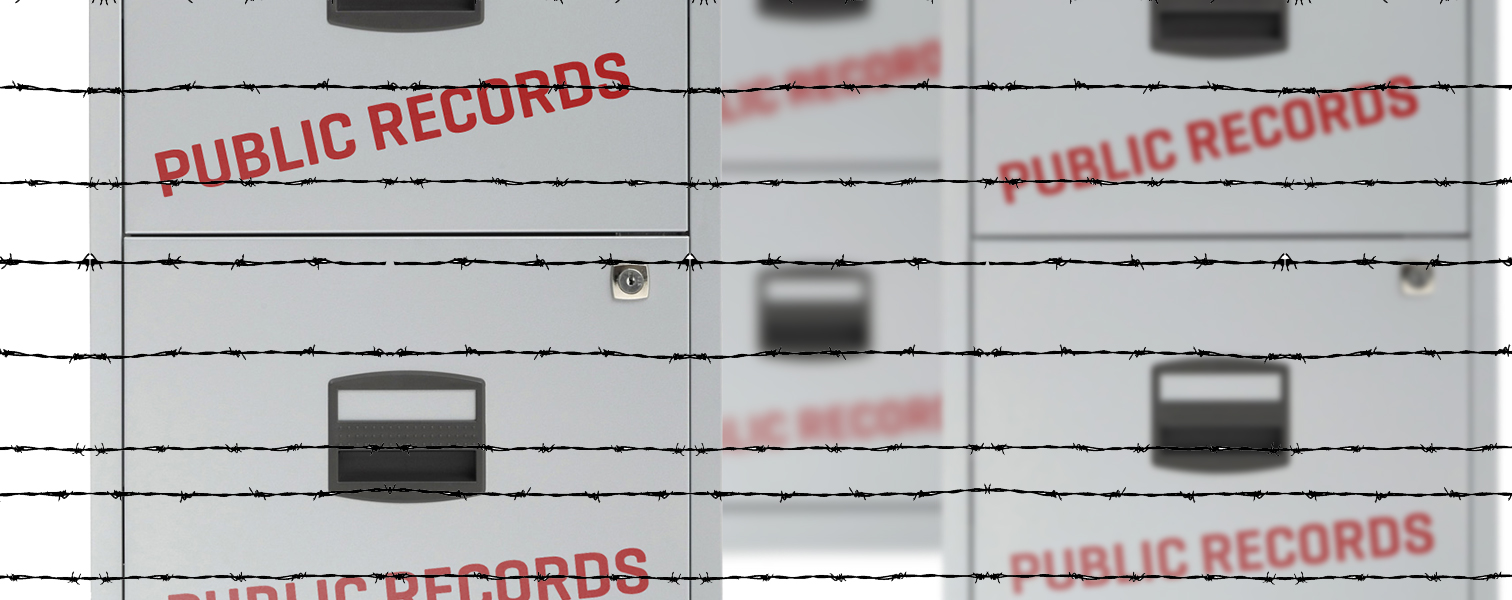Last week’s startling flip-flop of Senate Democrats to obey the command of the Washington Education Association could cost Washington schools tens of millions of dollars. Still, nothing highlights the stranglehold of government union bosses on Olympia like their desire to prevent even the simplest good government reforms from becoming law.
Introduced by Sen. Dammeier, SB6250 would create an online public database of all collective bargaining agreements (CBAs) negotiated with labor unions from state agencies down to cities, school districts, and public utility districts. These 2,000-plus contracts are already public documents. Some are available online, but some can only be obtained through a public records request. For instance, while Clark County posts its current CBAs online, Spokane (the second largest city in the state) does not.
As Sen. Dammeier noted in his testimony on the bill before the Senate Commerce and Labor Committee, “Collective bargaining agreements are voluminous and significant. They have a lot of impact on people, and I think our citizens have a vested interest in being able to access those.”
As first introduced, SB6250 would have required that unions negotiating the contracts email a copy of the CBA to the Public Employment Relations Commission (PERC), the agency which certifies and regulates government unions, to post on its website. Contracts are usually renegotiated every one to three years.
Union lobbyists turned out in droves to speak against the bill, arguing that the task of sending a single email once every few years would be an unfair burden.
While claiming to agree with the bill “philosophically,” Joe Kendo of the Washington State Labor Council argued, “If there’s any responsibility on a local union to facilitate the electronic transfer of these documents, that could be onerous.”
When pressed by Sen. Braun about whether the requirement to email a document is really all that difficult, Kendo replied, “I wouldn’t say that’s burdensome, no.”
Despite his admission, union executives one after another testified about the harsh burden SB6250 would place upon them, and argued it should be the employer, not the union, which must submit the CBAs to PERC.
Gordon Baxter explained that “We’re not opposed to the contracts being posted,” but “we’re just opposed to that burden falling on the unions.”
Adrienne Thompson of Professional and Technical Employees Local 17 testified that, while “we believe in transparency,” the sticking point is “where the burden lies.”
Lastly, Michael White of the Washington State Council of Firefighters (WSCFF) contended that, “If there’s going to be someone who has to submit it [the CBA], let it be them [the employer].”
In response to their testimony, the Senate Commerce and Labor Committee amended the bill to require the public employer, not the union, to submit the CBA to PERC. The amended bill passed out of committee unanimously, and passed out of the Senate in a strong, bipartisan vote.
But when SB6250 came before the House Government Operations Committee, labor again deployed their lobbyists to oppose the bill, but on different grounds.
In a complete reversal of the unions’ earlier testimony in the Senate, Dennis Eagle of the Washington Federation of State Employees contended that “the problem with the bill is that is just creates extra cost, extra hassle for PERC and for an untold number of local jurisdictions.”
Mike Sellers, PERC’s executive director had already testified before the Senate Committee that collecting and posting the CBAs would be relatively easy and inexpensive.
Eagle also argued that the bill was unnecessary because the 27 state level CBAs are already available on the Office of Financial Management’s website. But what about the other 1,973-plus?
As Rowland Thompson of Allied Daily Newspapers pointed out, though the CBAs are public documents, they “may be posted at numerous websites or available through a public records request.”
Rowland also pointed out that “Putting them [the CBAs] in one place and having them be available to be downloaded would allow them to be analyzed and compared.”
While simultaneously arguing that obtaining CBAs is already easy, Geoff Simpson of the WSCFF argued against the bill because “there are organizations out there that would love to have this information just for the purpose of cherry picking information in one centralized location to paint public employees in a bad light.”
Apparently, improving public access to important public documents is yet another front in the War on Workers.
After labor’s testimony and a brief caucus with fellow Democrats, committee chair Rep. Sam Hunt decided to hold executive session votes on all of the bills heard that hearing – except for SB6250. As it was the last meeting of the House Government Operations Committee for the session, the bill died without a vote.
Such is the grip of government union bosses on the state capital that not only are significant reforms stymied, but even the most mundane good government bills never see the light of day.
Watch labor’s testimony before the Senate committee below:
Watch labor’s testimony before the House committee below:












